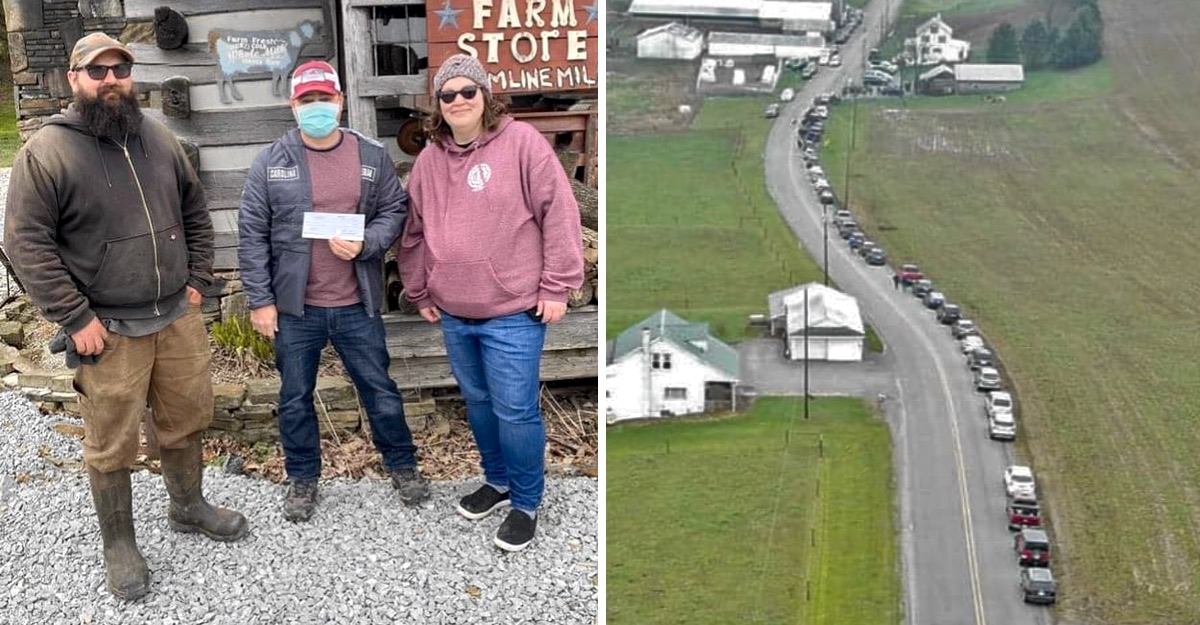Ben Brown (Pennsylvania, USA) sells most of his milk to a local dairy plant. However, when they told him that they would no longer buy from him because of the COVID-19 crisis, he decided to pasteurize and bottle the 12 milkings that were left over and sell them on his farm instead of throwing this milk away. The people’s response was incredible: the line of cars stretched as far as the eye could see!
Like many families who’ve suffered from a loss of work and resources because of the coronavirus, Ben Brown, a native of Fayette County (Pennsylvania, USA), saw his business severely affected.
Brown owns a dairy farm called the Whoa Nellie Dairy Farm. Here, he produces a portion of milk to sell himself and sells the bulk of the rest directly to a dairy factory, who’s bought from him for the past several years.
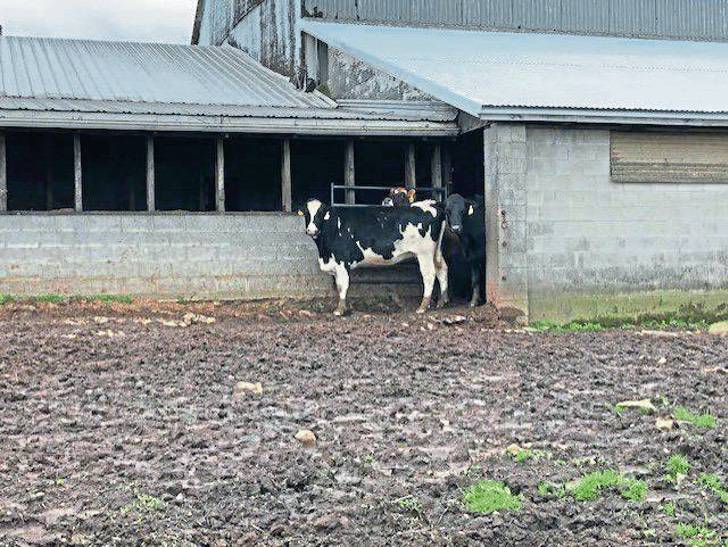
Tribune Review
For this reason, when the factory called Brown in mid-April to let him know that they wouldn’t buy milk from him because of the crisis, the man was in serious trouble. 70 of his 200 cows were producing milk and if it wasn’t sold, he’d have to dump it down the drain. We aren’t talking about a small amount: he had milk from 12 milkings.
Two factors came together, resulting in what happened next. First, since the Browns’ farm has been active since the 18th century, they didn’t want to go bankrupt and lose so many years of history. The second factor is that Ben hates wasting food.
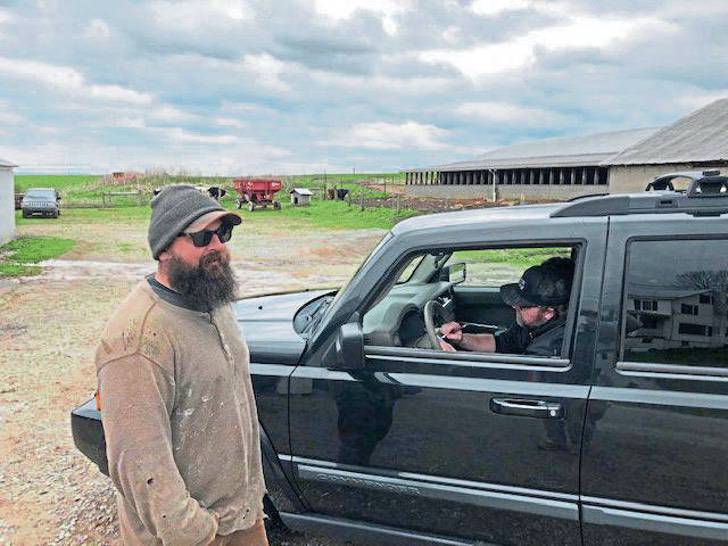
Tribune Review
That said, the Browns made a plan to sell all the milk in just a few days, working 24-hour shifts to be able to pasteurize the large amount of milk they had left on the farm. The pasteurization machine could only process 115 liters of milk, so they arranged their days to be able to offer both self-service sales spaces and workspaces for the milk.
The family announced they were selling milk on the farm’s Facebook account. The post spread throughout the Fayette and Westmoreland counties, where the Browns’ business is located.
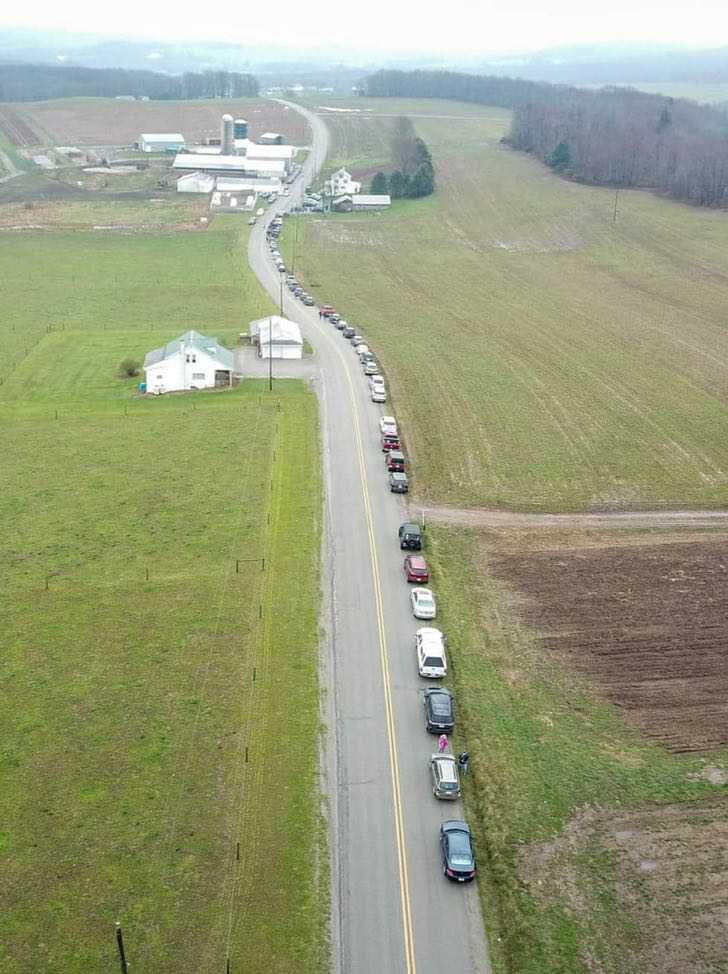
FB: Whoa Nellie Dairy
Three days after opening to the public, the road berms that lead to the farm were full of people. There was a line with at least 20 people waiting outside the point of sale who had also come to buy cheeses, sour cream, maple syrup and other natural products from the area.
After Tuesday’s sale, Brown was extremely tired after spending an entire day working. He said he didn’t know how many liters of milk he’d managed to sell, but that he believed it was in the hundreds. However, what struck him the most was seeing so many people waiting to buy his product.
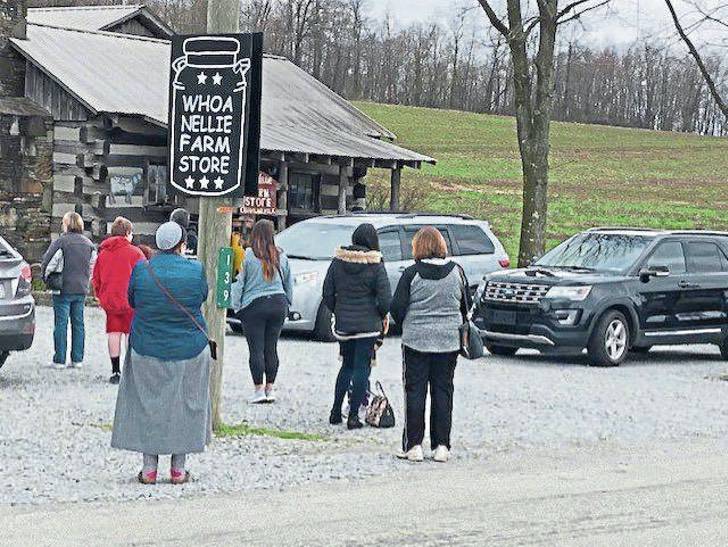
Tribune Review

